HRT and the menopause have been hitting the headlines again.
A new Channel 4 documentary – Sex, Mind And The Menopause – is raising questions about the availability of HRT treatments across the UK.
Campaigners, including Davina McCall, highlight what they call inconsistency around access to a treatment called Utrogestan.
So what is the Scottish Government saying about availability of HRT? And what is being done about access to Utrogestan?
We are answering your questions.
HRT is a treatment which is available to some to treat symptoms of the menopause.
What is HRT?
It can help replace oestrogen and progesterone hormones which the ovaries have stopped producing.
There are different types of HRT hormones you can take, as well as different ways of taking it and a range of treatment plans.
There are small risks associated with taking it and it’s not suitable for everyone.
But it’s thought the benefits outweigh the risks for most.
What menopause symptoms can it help?
The main benefit of HRT is that it can help relieve most of the menopausal symptoms, including:
- hot flushes
- night sweats
- mood swings
- joint aches
- brain fog
- vaginal dryness
- reduced sex drive
It can also help prevent weakening of the bones (osteoporosis), which is more common after the menopause.
What is Utrogestan?
It’s a medication that can be used as hormone replacement therapy.
It contains something called micronised progesterone.
This is a natural progestogen hormone, derived from plants.
They are biochemically identical to the progesterone hormone produced by ovaries.
How can I get this type of HRT?
This is where campaigners highlight what they say is an inconsistency.
Although it’s a licensed medicine, Utrogestan isn’t routinely available on the NHS at the moment.
A Scottish Government spokesperson explains that’s because it’s not been approved by the Scottish Medicines Consortium (SMC).
But they add: “Clinicians can still prescribe them on a case-by-case basis, through the Scottish Government’s Peer Approved Clinical System (PACS) Tier Two process.”
Is there an issue with the cost of Utrogestan HRT?
For a medicine to be routinely prescribed on the NHS in Scotland, it needs a licence from the Medicines and Healthcare products Regulatory Agency (MHRA).
After that, it needs to be reviewed and accepted by the Scottish Medicines Consortium (SMC).
They provide advice to NHS Scotland about the clinical and cost effectiveness of newly-licensed medicines.
The BBC report that Utrogestan was rejected for use in 2009 by the SMC as it was deemed ‘not cost effective.’
Yet the Channel 4 documentary claims Utrogestan represents a cost of only £18 per year, per woman, more than the next less expensive drug.
What’s being done by the government?
The Scottish Government says they’ve encouraged Utrogestan’s manufacturer to resubmit its medicine to the SMC so it can again be considered for routine access within the NHS in Scotland.
They add: “The manufacturer is in the process of confirming timescales for a resubmission.
“We’ve been in discussions regarding their resubmission plans since early this year.”
Who can I go to for help?
First go to your GP as it’s important to get medical advice and a proper consultation.
The Scottish Government adds: “We’re committed to ensuring women experiencing the menopause receive equitable access to medicines.
“A range of treatment options are available on the NHS in Scotland, without any charge for prescription.
“There is a specialist menopause service in every mainland health board and support in place for the island health boards.”
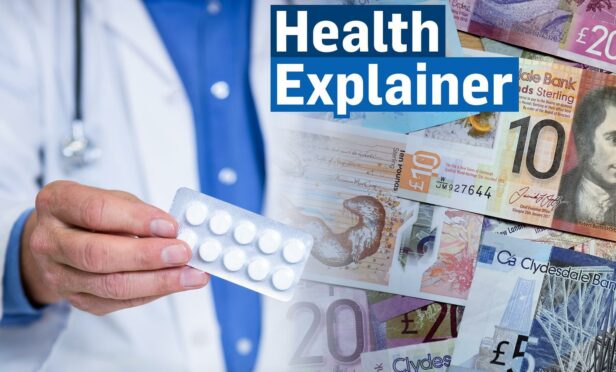
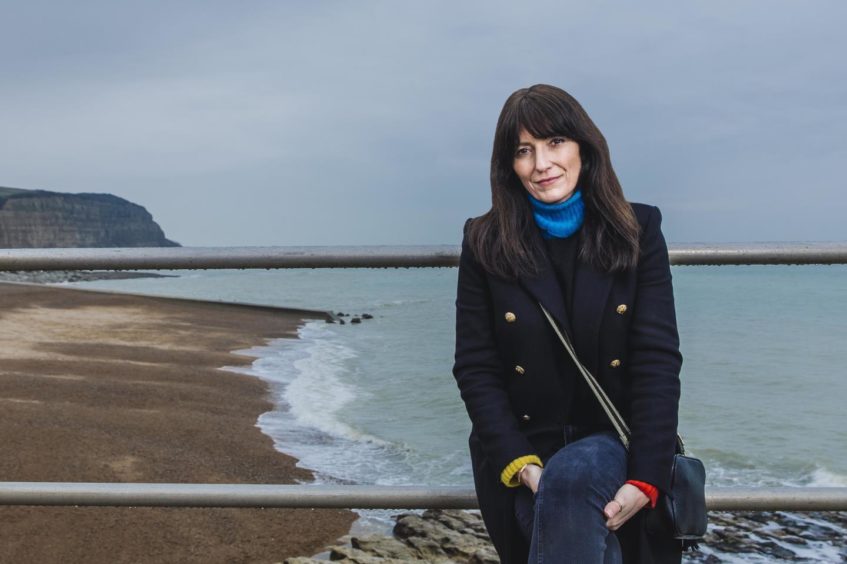

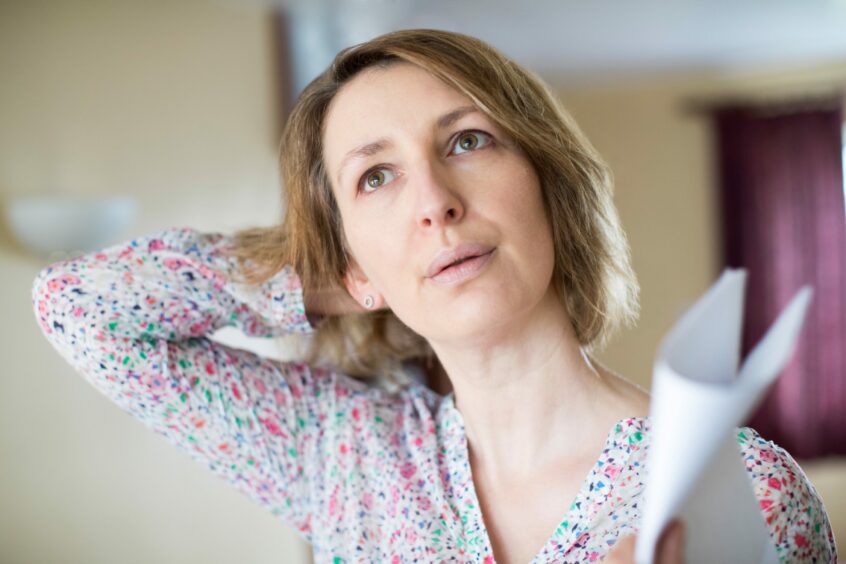
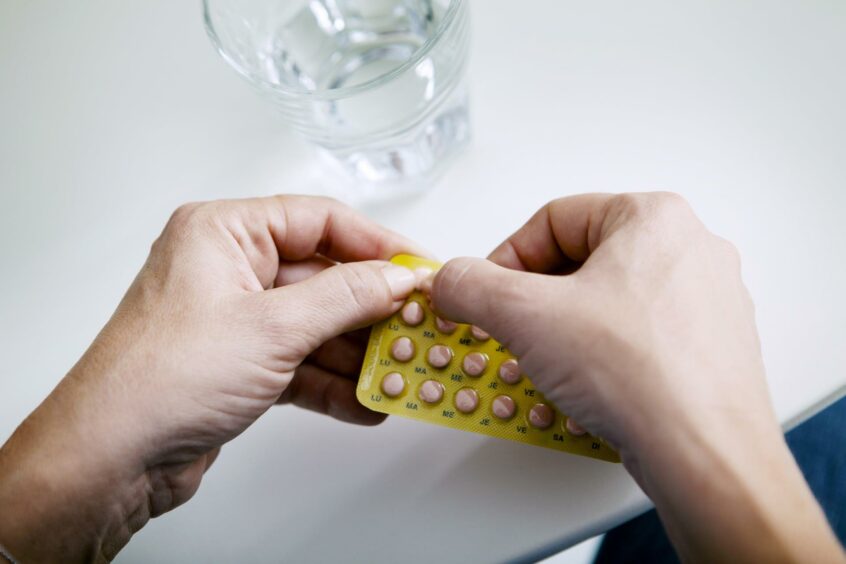





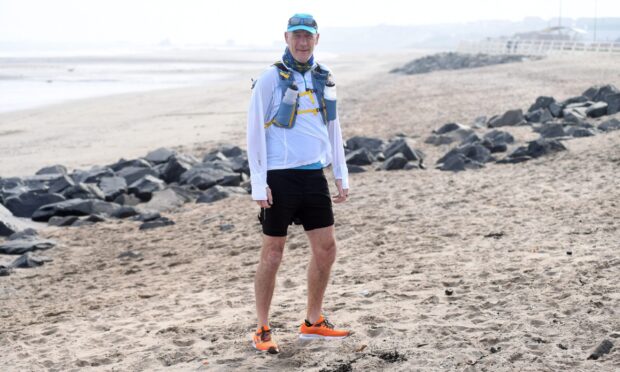
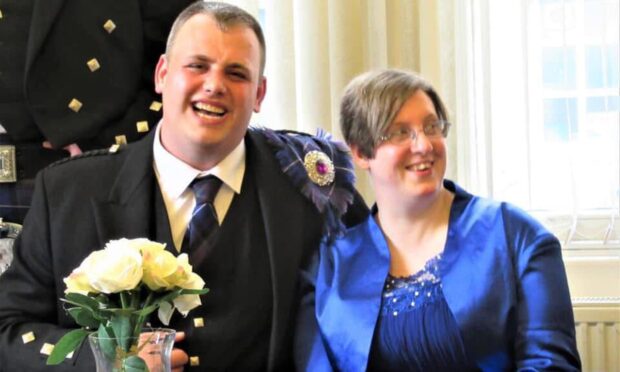
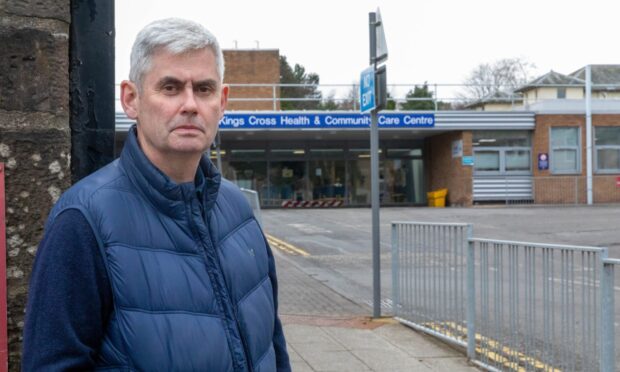
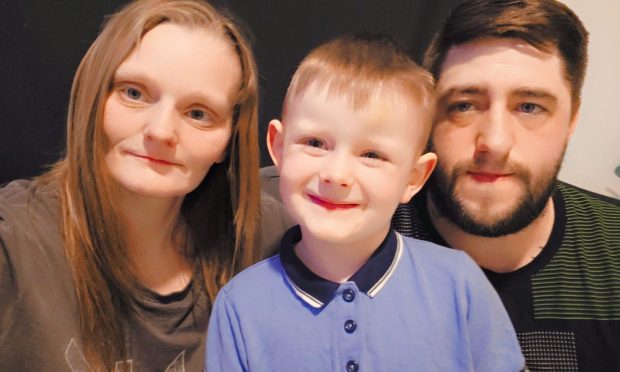
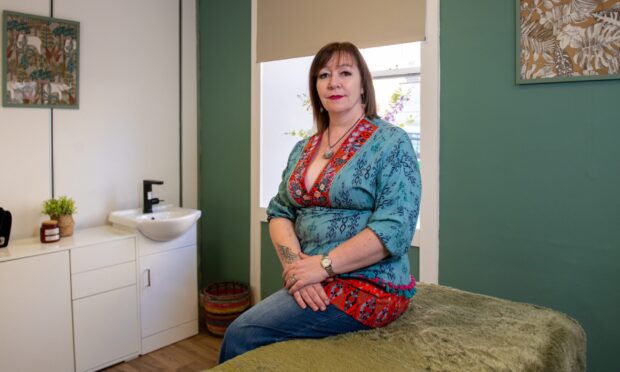
Conversation